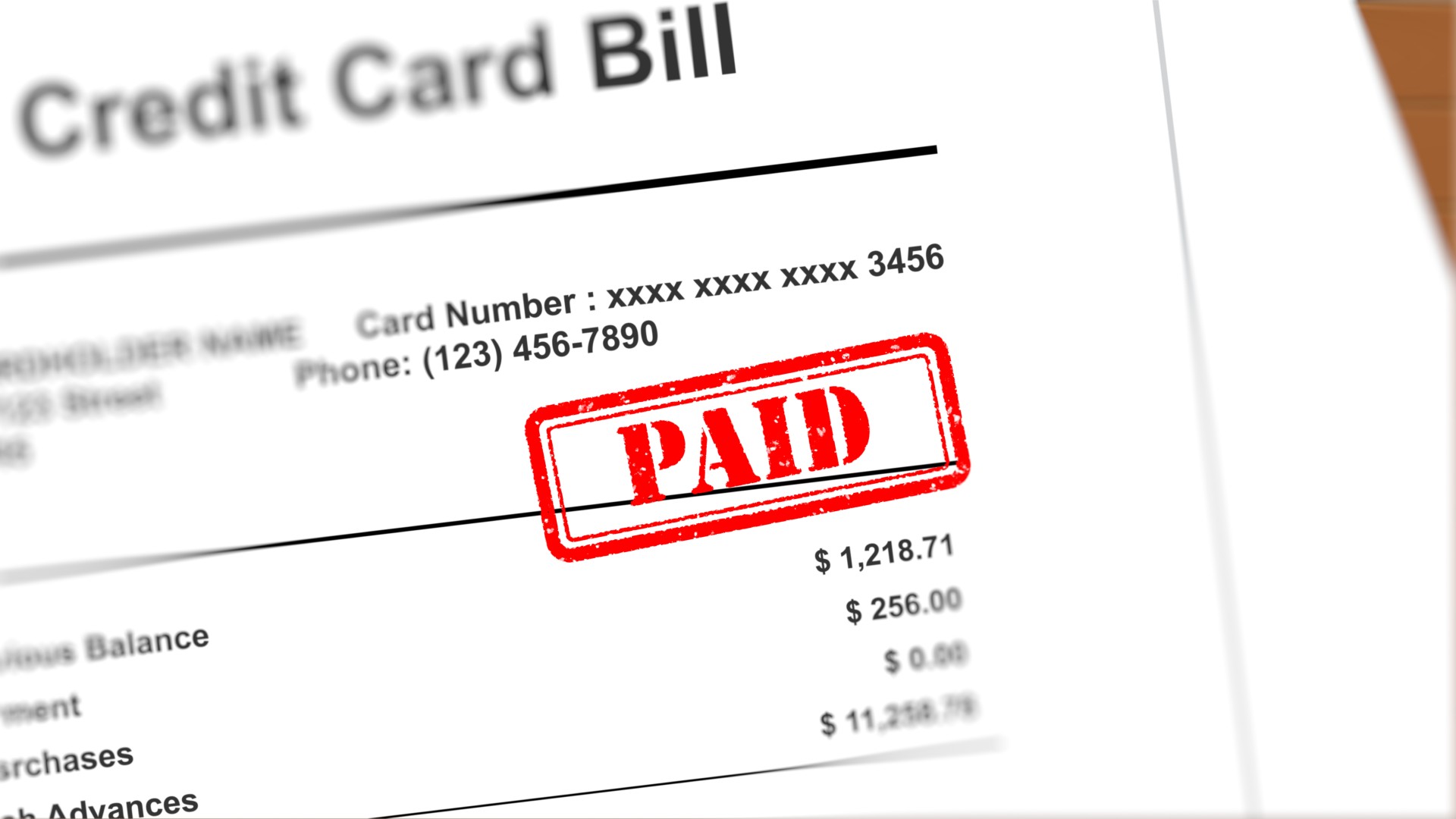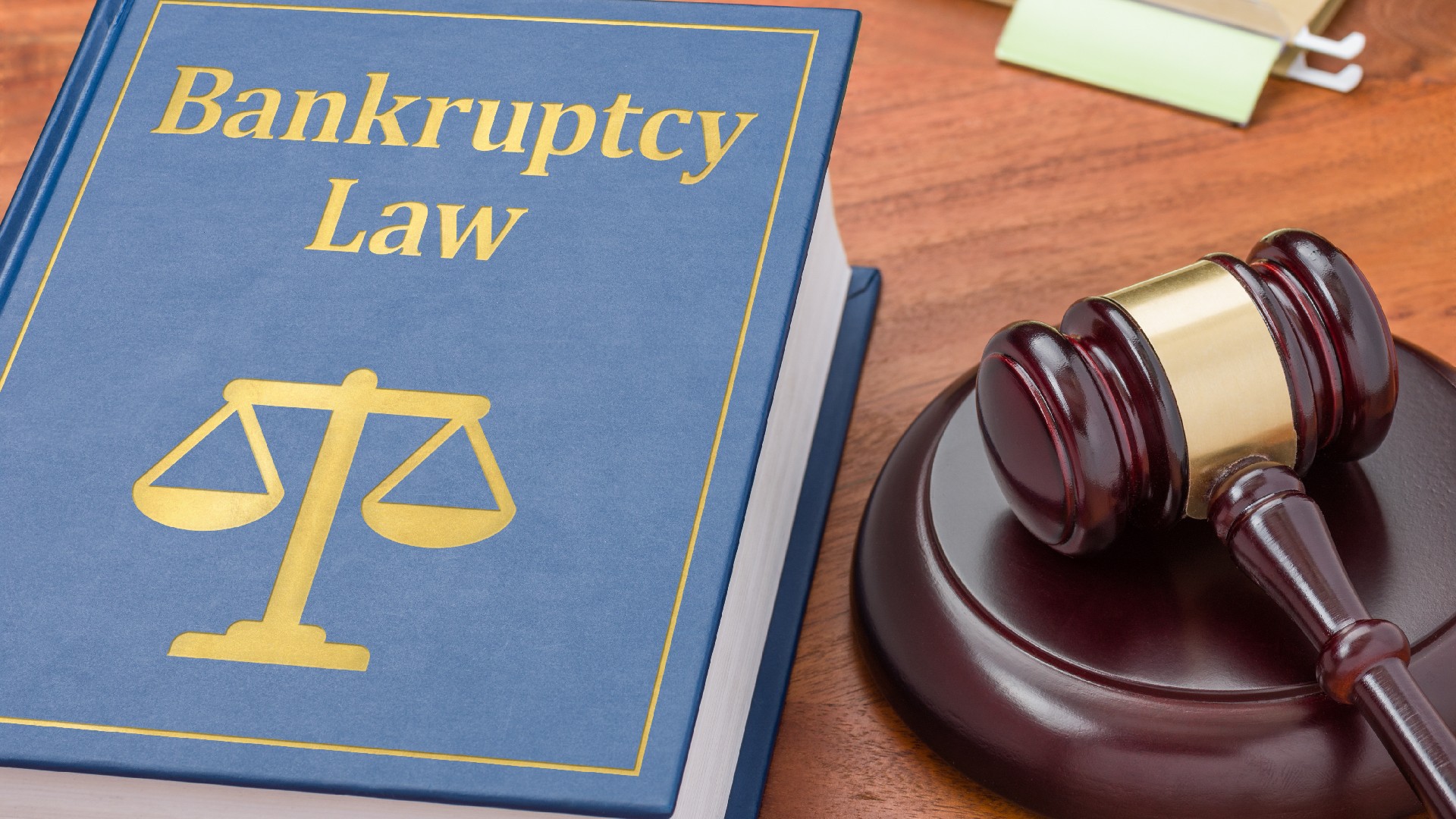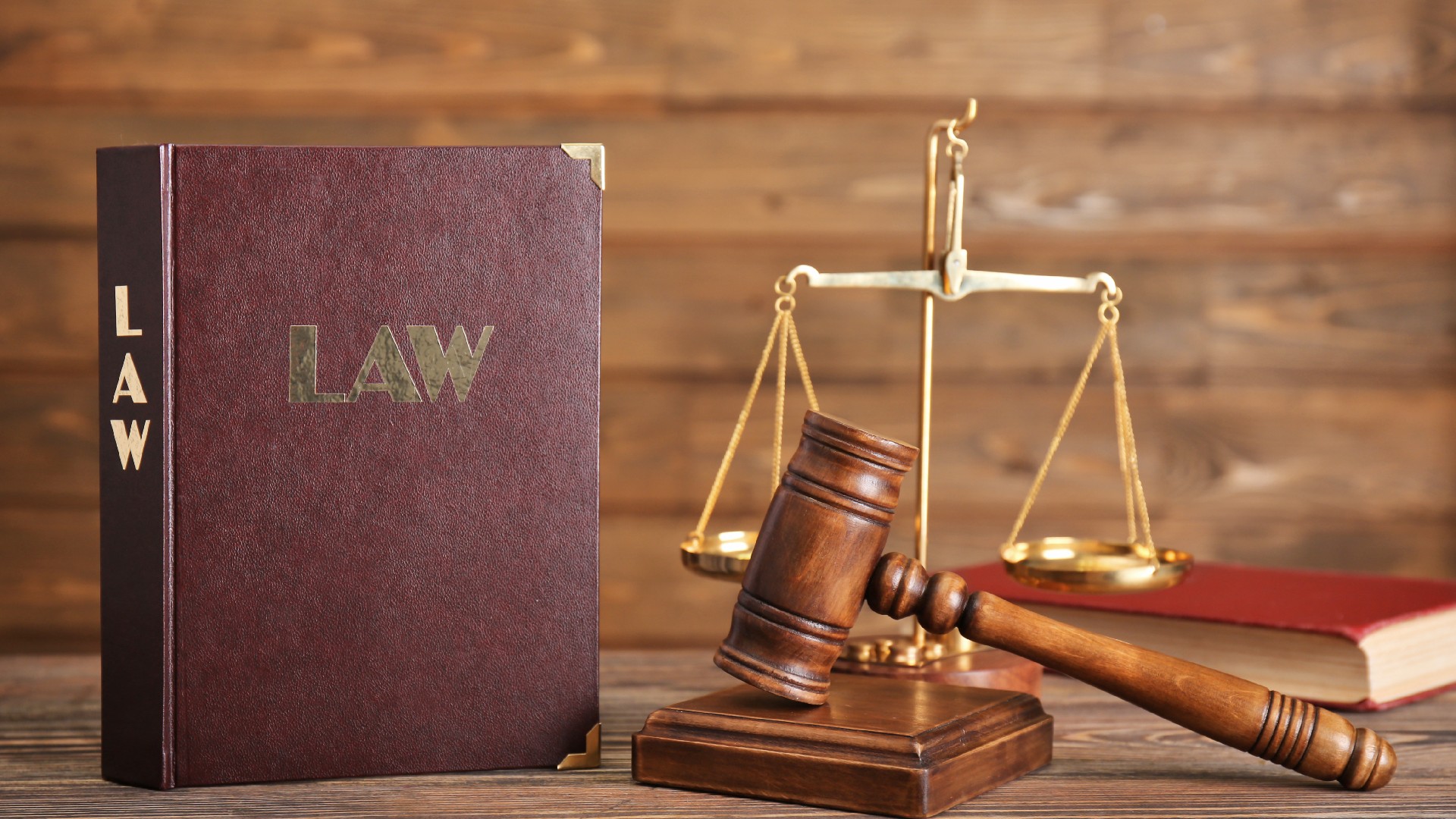Lawsuit and Judgment Lawyers in Texas
Experienced Lawsuit and Judgment Debt Relief Attorneys
- End harassment from creditors
- Prevent property repossession
- Get debt relief and learn about bankruptcy options
Financial troubles can be stressful and overwhelming. If you’re facing a lawsuit or a judgment from creditors, it is vital to seek the counsel of an experienced Texas debt lawyer. For more than 15 years, our experienced bankruptcy attorneys at Leinart Law Firm have helped clients throughout North Texas find debt relief solutions tailored to meet their needs. Our attorneys assess your case and provide you with options that can halt harassment from creditors, prevent repossession of property and give you a clean financial slate.
Lawsuit and Judgment Lawyers in Texas
- How Our Texas Bankruptcy Lawyers Can Help
- Bankruptcy Options We Offer
- Judgment and Lawsuit FAQs
- Can Lawsuit Judgments Be Discharged If I File for Bankruptcy in Texas?
- What Is Lien Avoidance?
- What Is Non-Dischargeable Debt?
- Can Creditors Object to Discharging Debts?
- Can I File for Bankruptcy If I’m the Plaintiff in a Lawsuit?
- What Happens If I File Chapter 7 and I am a Plaintiff in a Lawsuit?
- When Should I Contact a Bankruptcy Lawyer?
- How Long Does Bankruptcy Take?
- How Much Does a Bankruptcy Lawyer Cost?
- Why Choose Our Texas Debt Relief Lawyers?
How Our Texas Bankruptcy Lawyers Can Help

Whether a debt collector has already filed a lawsuit or has notified you of their intention to do so, our debt relief lawyers can help. We assist clients with issues such as:
Filing for bankruptcy can put an immediate stop to debt collection efforts, including:
- Harassing phone calls from creditors or collection agencies
- Repossession
- Foreclosure
- Wage garnishment
- Lawsuits
Bankruptcy can help individuals and businesses get out from under crushing debt. However, if you’re considering bankruptcy, it’s important to have one of our Dallas debt relief attorneys evaluate your case to determine which options may best suit your specific needs. Depending on the circumstances, it may be more appropriate to have an attorney negotiate with creditors on your behalf. Regardless of which option you choose, we fight to protect your interests and help you get on a stable financial path.
Bankruptcy Options We Offer

Chapter 7 bankruptcy involves the total liquidation and discharging of your debts. This may include any dischargeable debt in a lawsuit or judgment against you, medical debt, credit card debt and other financial obligations. Chapter 7 bankruptcy proceedings are typically expedient and straightforward, but having a bankruptcy attorney evaluate your case before filing is critical to ensure it will benefit you.
Our bankruptcy lawyers review your income and compare it to the median income of equally sized Texas households. Based on the results, we determine whether there’s a way for you to recover from your financial issues without filing bankruptcy. If not, we will most likely recommend Chapter 7. If you can recover financially, we’ll help you find other debt relief options.
Chapter 13 bankruptcy is recommended for individuals or those who own a business as a sole proprietor. Although Chapter 13 proceedings can take a long time, this type of bankruptcy lets you reorganize your debts and repay them in a way that you can reasonably afford. Chapter 13 is a good option if you want to keep your business without forfeiting your assets or property. Our bankruptcy attorneys at Leinart Law Firm guide you through the process and work with you to develop a manageable plan that will be paid over a period of 3-5 years.
Judgment and Lawsuit FAQs
Can Lawsuit Judgments Be Discharged If I File for Bankruptcy in Texas?
In most cases, lawsuit judgments are dischargeable in all types of bankruptcy. However, if a judgment lien has been attached to your property, you will have to file a separate motion to get rid of the lien.
What Is Lien Avoidance?
If a creditor has attached a lien to an asset such as your home and the lien is not removed, they can still sell your property after your bankruptcy is completed. However, lien avoidance can help you get rid of a judgment lien in bankruptcy. To qualify for lien avoidance, you may have to meet certain conditions such as:
- The lien was an involuntary statutory lien. This means it is from a money judgment that was issued against you, and you didn’t consent to it as part of a settlement or sale. Statutory liens such as those for child support cannot be lifted in bankruptcy.
- You may be able to protect your equity in the property with a bankruptcy exemption.
- The judgment lien takes some or all of the equity that could have been exempted.
If you have any liens on your property, it’s important to act quickly and talk to your bankruptcy lawyer to determine your options. Which type of bankruptcy you’re filing is also a factor when it comes to dealing with or removing liens, and there are certain procedures that must be followed under bankruptcy law. The sooner your credit attorney can develop a strategy for handling a lien, the better. This aspect of bankruptcy can be tricky. If you truly want a fresh financial start, hiring the best bankruptcy lawyers who are familiar with the ins and outs of the process can give you the opportunity to achieve that goal.
What Is Non-Dischargeable Debt?

It’s important to understand that not all judgments are eligible to be discharged in bankruptcy. For example, if you have a personal injury judgment against you for damages caused while driving under the influence, that judgment may not be discharged.
Some other examples of non-dischargeable debt include student loans, child or spousal support, certain types of tax debt, fines and restitution owed in criminal cases and debts incurred based on fraudulent or malicious acts.
Can Creditors Object to Discharging Debts?
Creditors can object to the elimination of dischargeable debts and judgments. If the court favors an objection, the debt will not be discharged in bankruptcy. Without a Fort Worth bankruptcy lawyer by your side, you may not even be aware that this is possible and could end up right back where you started. A bankruptcy court may approve a lift of an automatic stay in situations, such as:
- The creditor faces financial harm and the outcome of the collection action or lawsuit won’t affect the bankruptcy case. For example, a mortgage lender will keep losing more money the longer it waits to foreclose on a home with no equity.
- A lawsuit will resolve an issue that has to be decided in the bankruptcy case. For example, resolving an allegation of fraud may be necessary to determine whether a debt will be discharged in bankruptcy.
- Even if a party is pursuing a lawsuit that involves something that is non-dischargeable, they may ask permission from the court before continuing. For example, in the interest of caution, a government agency pursuing fines for a violation of environmental regulations might file a motion to lift the automatic stay before proceeding with the matter.
Your attorney can help you contend with any objections and ensure your interests are protected to the fullest extent the law allows.
Can I File for Bankruptcy If I’m the Plaintiff in a Lawsuit?

Yes, but it is vital to find a bankruptcy law firm that has handled these types of complex cases. If you’re the plaintiff in an existing or pending lawsuit, make sure to tell your debt lawyer as much as possible about it. There are several pitfalls that can sabotage your bankruptcy filing if you aren’t aware of how it works.
Even if a lawsuit hasn’t been filed yet, it should be disclosed in your bankruptcy schedule. Proceeds or even potential proceeds from a claim may be considered assets. Otherwise, it could come back to haunt you. Your bankruptcy case could be thrown out, and you could lose the ability to pursue the lawsuit.
For example, you file for Chapter 13 bankruptcy and, shortly thereafter, you’re rear-ended by another driver. You suffer injury and believe you have a valid claim against the driver who hit you. You hire a personal injury attorney to handle your claim. However, you fail to tell your bankruptcy lawyer about the claim and don’t inform your injury lawyer of your bankruptcy case.
If the lawyer representing the negligent driver (or their insurance company) finds out about your bankruptcy case, they may ask the court to place a “judicial estoppel,” which prohibits you from pursuing the claim or collecting any compensation. Your bankruptcy case may be dismissed as well. Simply put, being honest and open with your attorney is vital, regardless of whether you believe something is relevant or not.
What Happens If I File Chapter 7 and I am a Plaintiff in a Lawsuit?
If you’re involved in a lawsuit and you have filed Chapter 7, your bankruptcy trustee may have to be joined with you in the claim or may even litigate it on your behalf. Whether it’s from a personal injury lawsuit or a contract dispute with a former business partner, any monetary compensation you receive may be paid to the trustee and distributed to your creditors. How much of the recovery that is paid to the bankruptcy trustee depends on the amount of debt you owe and the amount you receive from the claim.
Although there are exemption rules in Texas that may protect compensation from a lawsuit from your bankruptcy trustee, figuring out how these exemptions may apply is challenging. Our Texas bankruptcy attorneys are well-versed in state and federal bankruptcy law and understand the different aspects of these types of cases.
When Should I Contact a Bankruptcy Lawyer?

If you’ve been notified of a creditor’s intent to sue you, contact our bankruptcy attorneys at Leinart Law Firm as soon as possible. If you wait to address the issue, you may end up being obligated to pay any judgment against you. Our bankruptcy law firm can evaluate your case and advise you of the most effective options to protect your assets and reduce or eliminate overwhelming debt. We can help you understand the differences between Chapter 7 and Chapter 13 bankruptcy and which one may be appropriate for your circumstances.
How Long Does Bankruptcy Take?
Chapter 7 bankruptcy typically takes about three months to complete. Chapter 13 involves a 3- to 5-year repayment plan. When all plan payments are completed, any remaining dischargeable debt is wiped out.
How Much Does a Bankruptcy Lawyer Cost?
The cost of attorney fees for bankruptcy varies, depending on where you live, the complexity of your case and the type of bankruptcy you file for. Each case is different. A simple Chapter 7 filing may only take a few months from start to finish while Chapter 13 cases are usually a lot more involved. Our bankruptcy attorneys offer a free initial consultation, where they will go over fees and payment arrangements with you and can answer any questions you may have before starting on your case.
Navigating The Legal Maze: What To Expect When Filing A Lawsuit
Embarking on a legal journey can be daunting, but at Leinart Law Firm, our Lawsuit and Judgment Lawyers in Texas are here to demystify the process for you. Filing a lawsuit involves several steps, each with its nuances. Let’s explore what to expect when navigating the legal landscape with our team of experienced Texas Lawsuit and Judgment Lawyers by your side:
- Initial Consultation:
The journey begins with an initial consultation. We’ll sit down together, discuss your case, and evaluate the legal merits. This is a crucial step to understand your goals, assess the feasibility of the lawsuit, and outline a strategic plan moving forward.
- Case Evaluation:
A thorough case evaluation follows the initial consultation. Our team will review relevant documents, gather evidence, and assess the strengths and weaknesses of your case. This phase is crucial for building a solid foundation for your lawsuit.
- Legal Strategy Development:
Crafting a legal strategy tailored to your unique case is our priority. We’ll determine the best course of action, whether it involves negotiation, mediation, or proceeding to trial. Our goal is to secure the optimal outcome for you.
- Filing the Lawsuit:
The formal initiation of your case involves filing a complaint with the court. Our Texas Lawsuit and Judgment Lawyers will guide you through this process, ensuring all necessary documents are prepared and filed accurately and within the required timeframe.
- Service of Process:
Once filed, the lawsuit must be served on the opposing party. Proper service is crucial to ensuring that all parties are aware of the legal action. Our team will handle this step professionally and in compliance with legal requirements.
- Response from the Opposing Party:
After being served, the opposing party has a specified time to respond. Our attorneys will carefully analyze the response, preparing for potential counterclaims and establishing a robust defense strategy.
- Discovery Phase:
The discovery phase involves exchanging information, documents, and evidence relevant to the case. This process allows both parties to build their arguments, and our team will navigate this phase strategically, ensuring we gather compelling evidence in support of your claims.
- Pretrial Motions and Negotiations:
Before reaching trial, pretrial motions and negotiations often take place. Our attorneys will skillfully navigate these proceedings, seeking favorable resolutions through settlement negotiations or by presenting compelling arguments to the court.
- Trial Preparation:
If negotiations don’t lead to a resolution, we’ll diligently prepare for trial. This involves finalizing witness lists, preparing exhibits, and ensuring that we are well-equipped to present your case convincingly in court.
- Trial and Judgment:
The culmination of the process is the trial. Our seasoned litigators will present your case before the court, and once a judgment is rendered, we’ll guide you through the post-trial process, including potential appeals.
Navigating the legal process requires a skilled hand, and our team of Texas Lawsuit and Judgment Lawyers is ready to guide you every step of the way. Contact us today for a personalized consultation and let us help you achieve justice.
Why Choose Our Texas Debt Relief Lawyers?

If you’re dealing with a lawsuit or judgment from creditors, our bankruptcy lawyers at Leinart Law Firm can help get you on the road to financial fitness. During your free initial consultation, a debt attorney evaluates your financial situation, including any lawsuits, judgments or liens. After taking all relevant factors into consideration, we’ll determine which debt relief solutions will protect your interests and help you meet your financial goals.
Regardless of which debt relief solution is right for you, having a seasoned bankruptcy attorney in your corner can help relieve some of the stress you may be feeling and help you breathe easier, knowing there is a path to financial stability. Our team has helped thousands of individuals and businesses in Texas eliminate or reduce their debt and rebuild their financial standing. We care about our clients and provide personalized, professional legal services you can trust.
Contact Our Dallas Bankruptcy Attorneys

To learn more about how bankruptcy can shield you from lawsuits and judgments in Texas, email us to schedule a free case evaluation today. You can also use our convenient chat feature or fill out the contact form on our website to get in touch. Our Fort Worth and Dallas bankruptcy lawyers serve clients throughout north Texas.




